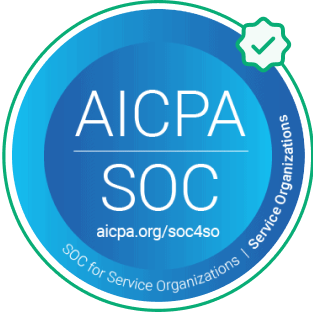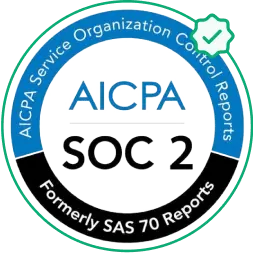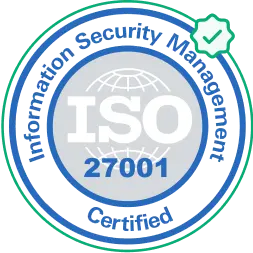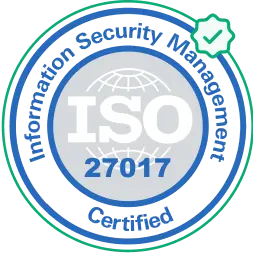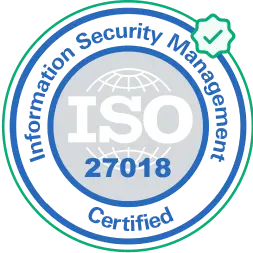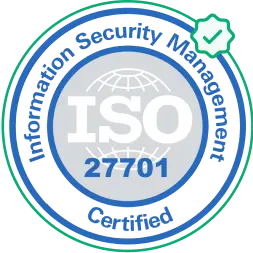What is an HR business partner?
An HR business partner (HRBP) is usually a skilled HR professional who works with an organization and its leadership to help them move towards its goals. HRBPs generally interact with the leadership and the C-suite and ensure that HR’s goals are aligned with the organizational vision.An HRBP is more involved with strategy building rather than policy implementation. HRBPs are not a part of the in-house HR department and the business partner model is increasingly gaining popularity.Not to be confused with:
Not to be confused with:
What makes a good HR business partner?
In-depth understanding of business and leadershipUnderstanding business goals, processes, monetization model and other dynamics help an HR business partner devise effective strategies to accomplish goals. Having a rapport with leadership can further ensure HRBPs create a company culture that is conducive to growth.Expertise in the fieldA knowledgeable HR business partner knows how to bring about organizational change and how to engage people. As field experts, they understand when to intervene in the normal flow of the business to help alleviate and improve it.ObjectivityAn HR business partner must take an objective overview of the business instead of an insider's view for success in the long term. While it’s good for them to build a rapport with the organization, subjectivity can bring down their productivity.InnovationHRBPs usually need to take an out-of-the-box approach when it comes to taking charge and challenging the status quo at an organization, as a head-on method might actually make things worse.

